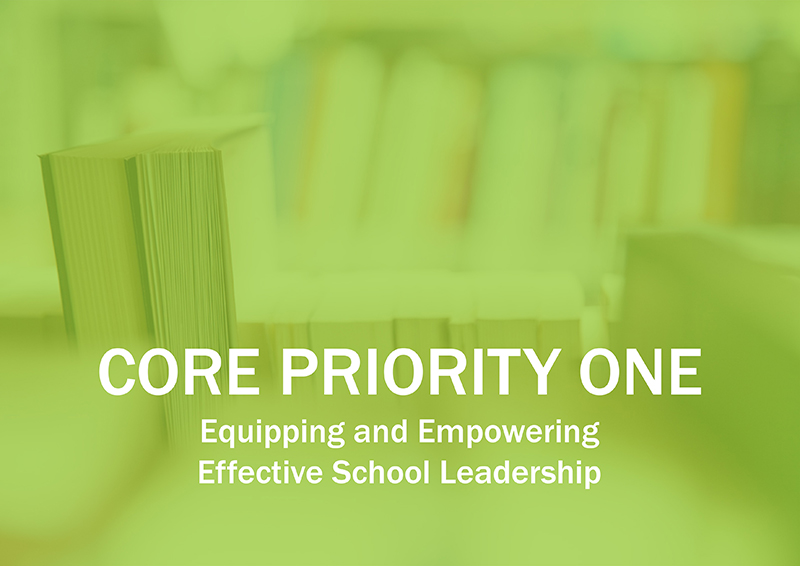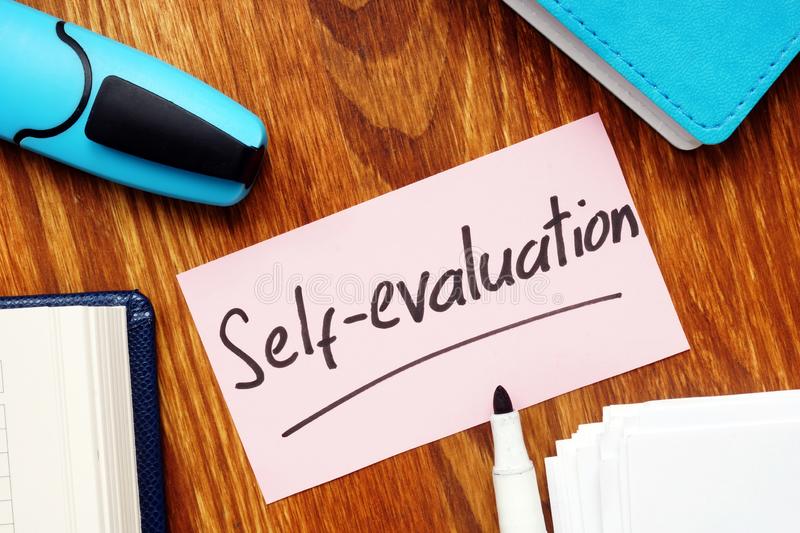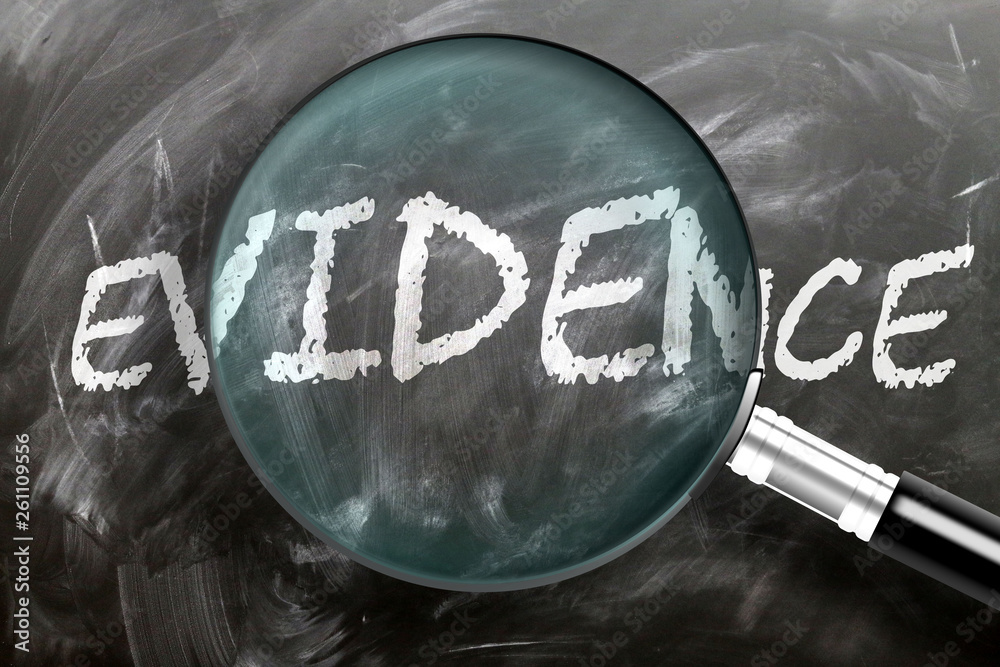Locality East - Self-Evaluation and Improvement Planning
AIMS
Participants will deepen their understanding of school development planning as a process, underpinned by the school’s strong guiding vision and purpose, informed by rigorous self-evaluation and educational research, devised in consultation with stakeholders and in compliance with DE policy.
Structure / Content
Participants will attend 2 x ½ day face-to-face workshops facilitated by school improvement officers, in which they will be invited to explore themes relevant to self-evaluation and planning for improvement, considering how they can be applied in the context of their school. The core themes covered in the workshops are designed around a series of questions as follows:
Rationale – asks why do we need a school development plan and what needs to be in one?
Self-evaluation – asks how do we develop a robust evidence-base of all aspects of school life, upon which to build a manageable, meaningful school development plan which positively impacts on our pupils and their outcomes?
Prioritisation – asks what are the challenges and opportunities we face and what are our emerging priorities over the next 3 years?
Action planning – asks what are the characteristics of effective action-planning for improvement?
Each workshop will provide opportunities for professional dialogue and the sharing of practice, approaches and resources that can be used by schools to enhance their existing self-evaluation and improvement planning processes and structures.
These sessions are intended as a starting point for participants to consider exploring and developing one or more of the above themes in more detail, which they may wish to pursue with their designated School Improvement Professional.
Participants will attend both sessions and take their thinking back to share with colleagues in their schools.


.png)



.png)
.png)









